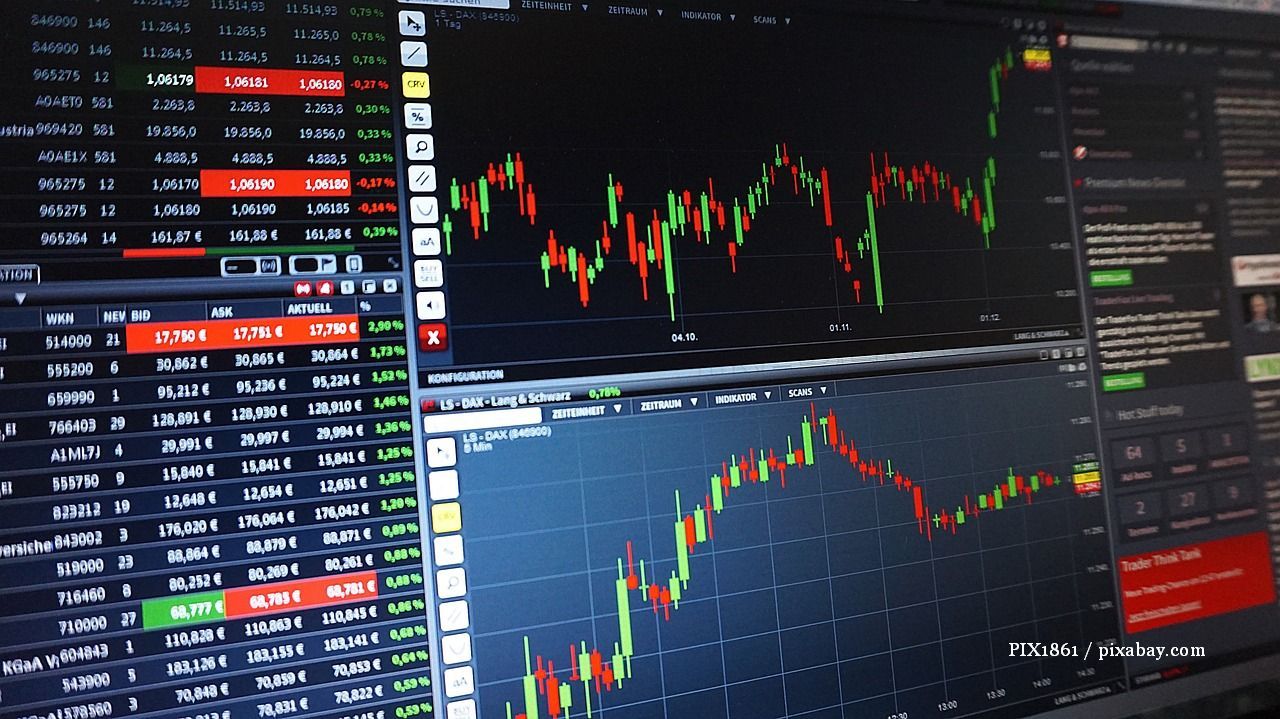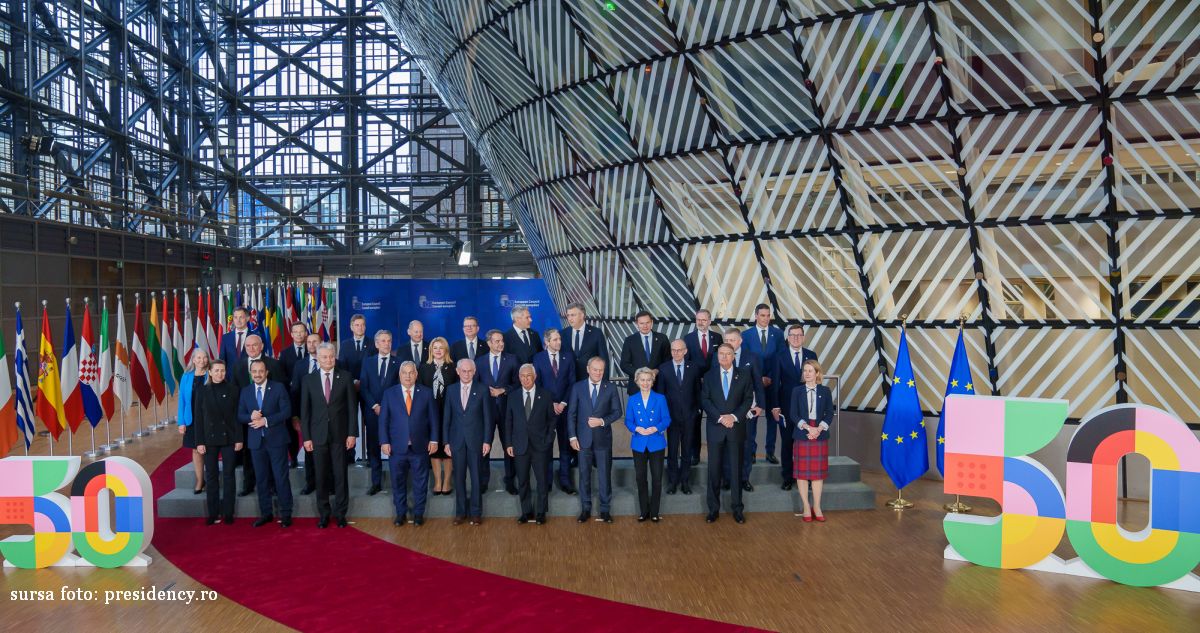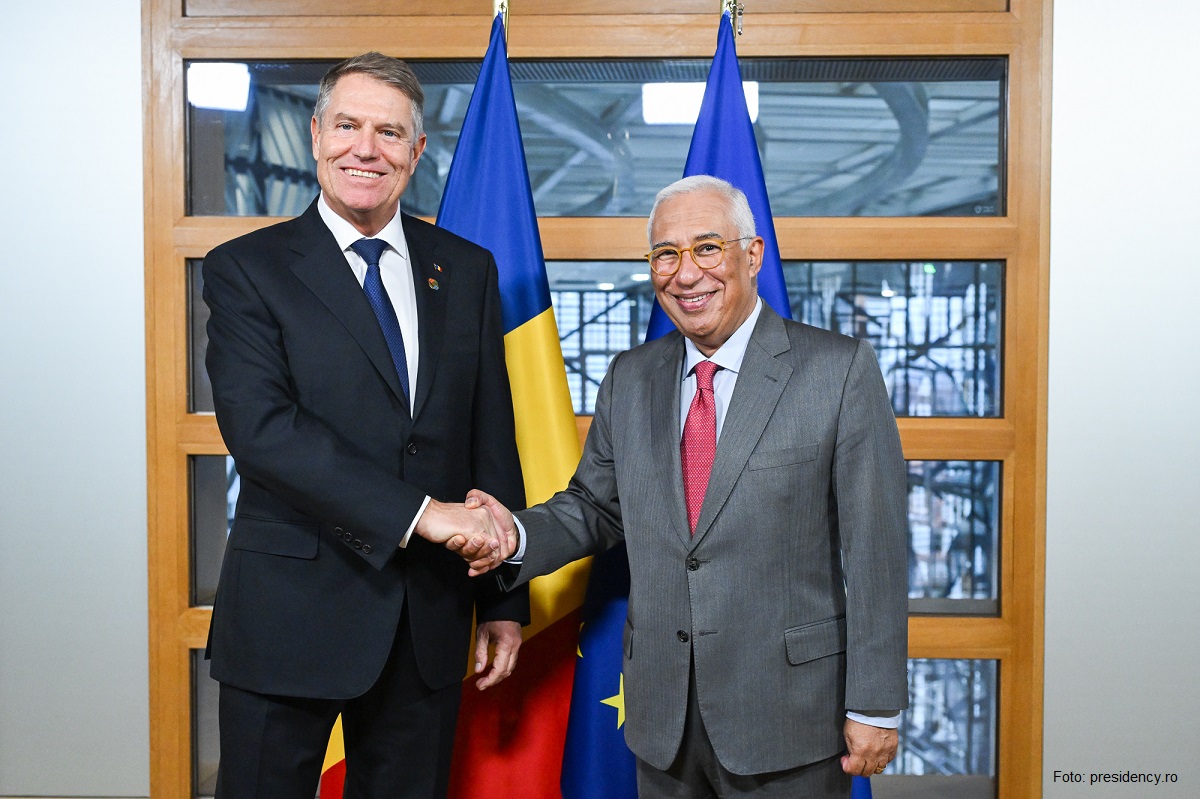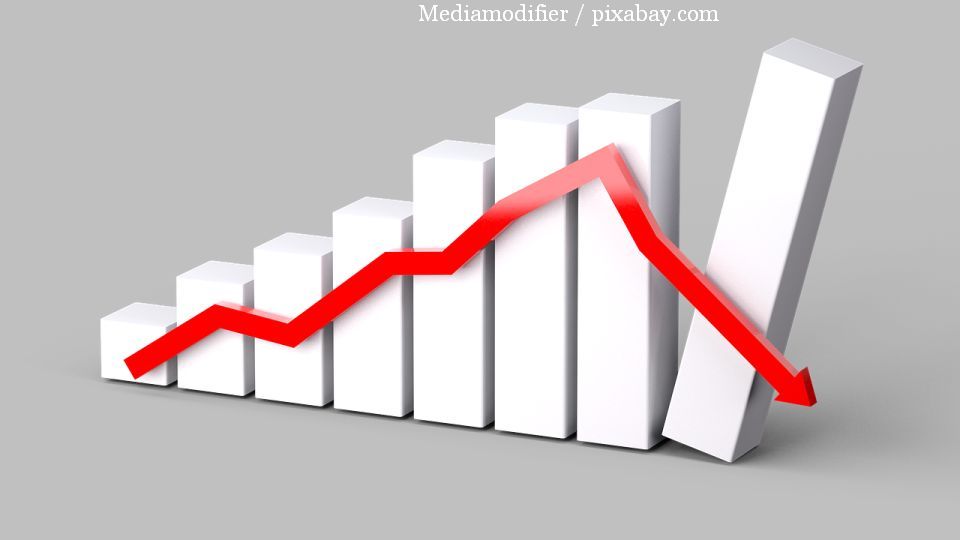Romania, the EU and NATO
NATO Secretary General Jens Stoltenberg attended informal meeting of EU defence ministers
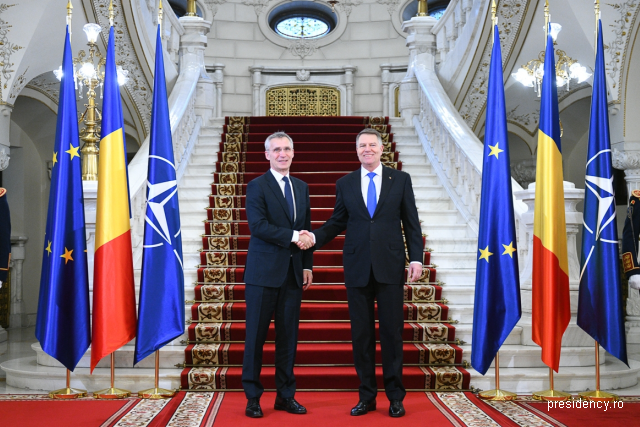
Mihai Pelin, 01.02.2019, 13:39
The defence ministers of the EU states met in Bucharest to look into the prospects of implementing the EUs Global Strategy on Foreign and Security Policy. The meeting was organised by the Romanian presidency of the Council of the EU. The efforts to consolidate the strategic partnership between the EU and NATO were the focus of the talks. The High Representative of the European Union Foreign Affairs and Security Policy Federica Mogherini urged the participants to finalize an agreement, in the weeks to come, that should allow for the continuation of the “SOPHIA operation in the Mediterranean Sea, designed to fight human trafficking.
A special guest of the meeting, NATOs Secretary General Jens Stoltenberg met with the Romanian president Klaus Iohannis, who underscored that defence on the Alliances eastern flank and in the Black Sea region was a priority, while pointing to the fact that the relations between NATO and the EU should be based on close cooperation. He also said that Romania would continue to comply with the responsibilities it assumed as part of its relationship with NATO.
Klaus Iohannis: “There has been much talk lately of ‘burden sharing in terms of budget expenditure for defence. Romania has committed to earmark 2% of the GDP to defence and we are keeping our promise. A large part of this money will be channelled, as decided during the meeting of Romanias Supreme Council of National Defence, into the modernisation of the army, and this has been deemed as a positive example within NATO.
Jens Stoltenberg has hailed the increase in expenditure for the Romanian army, pointing out that these contributions make the Alliance stronger and Romania safer. NATOs Secretary General also mentioned the presence of the Romanian military in Afghanistan, who are working for that countrys stability, and the European efforts in the field of defence. Jens Stoltenberg appreciated the EU efforts in defence, because, he said, that can help develop new military capabilities, address the fragmentation of the European defence industry and also improve defence spending across Europe. He also said that the Europe Union and NATO are cooperating more closely than they have done ever before, and that it is important that EU efforts on defence complement, rather than compete with NATO.
NATOs Secretary General Jens Stoltenberg added that the EU can never replace NATO, which remains the bedrock of European security. He added that after Brexit 80% of NATOs defence expenditure would come from non-EU Allies and that 3 of the 4 battlegroups in the Baltic region and Poland would be led by non-EU NATO Allies: the US, Canada and the UK.
(translated by: Lacramioara Simion)

